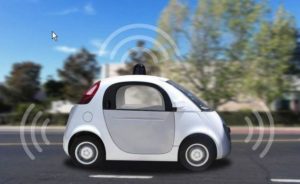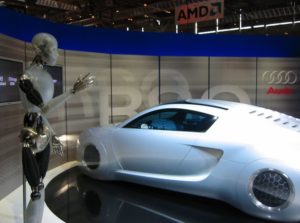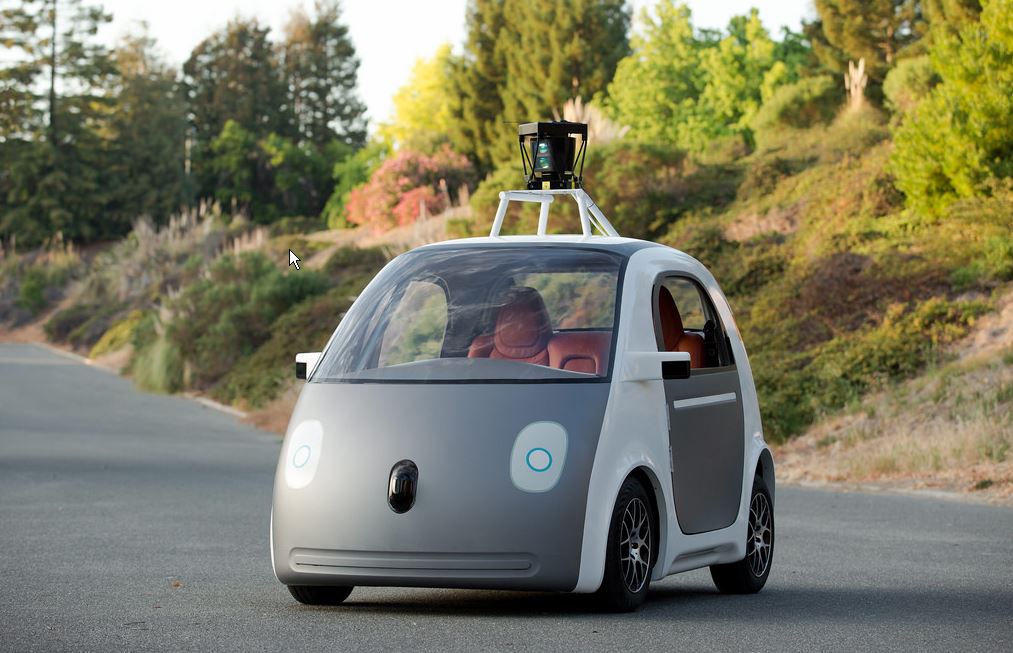The driverless car otherwise known as the autonomous car is a kind of vehicle able to sense the environment and navigate through without human support. These cars use different types of tech to identify their environment; e.g., odometry, laser light, GPS and computer vision.
Lately, with the upsurge in traffic fatalities which claims quite a number of lives, questions have been raised on whether the self-driving car project could salvage this situation. At the moment this could be an imagination if you take your time and think about these cars, but on the contrary, it could be a reality in some years to come.
could salvage this situation. At the moment this could be an imagination if you take your time and think about these cars, but on the contrary, it could be a reality in some years to come.
Without much ado let’s take a look at these futuristic cars, taking into account what could be their positives and negatives once they start hitting our roads.
The cons:
Security
In 2015, Delphi managed to drive its Audi SQ5 several miles around the US. Several challenges arose during the test drive in cases where the lanes weren’t well marked.
Other than that, since these cars’ sensors are mounted on its roof, questions have been raised on what would happen during rainy weather which will affect the cars’ sensors, after sundown the cameras that aid the car’s movement won’t work.
Loss of driver Jobs
Over the years technology has really grown by leaps and bounds especially the artificial intelligence sector. Robots have been built that can perform tasks round the clock just the same as humans. This, of course, has led to people losing their jobs after being replaced in their line of work by these robots.
With the numerous people employed in taxi and truck driving industry, there is the fear they might lose out to these autonomous cars. Companies such as Uber have already tested their driverless taxis.
Privacy
With the numerous hacking cases that have plagued the I.T industry over the years, most people may still have qualms if the driverless car will not be a victim of such cases. The technology used in these cars can also be used to track a person’s movements thus privacy will become an issue.
The pros:
Greener Environment
Human behavior such as over-speeding and instant braking are some of the factors that lead to poor fuel efficiency. These driverless cars will take out  the human behavior factor, studies have shown that will lead to an increase in fuel efficiency.
the human behavior factor, studies have shown that will lead to an increase in fuel efficiency.
Also, once the driverless cars have become a reality, they could also be made electric in future.
Lesser Accidents
Studies have shown that human errors cause over 80% of road accidents. Even the driverless cars haven’t proved to be accident-free, studies by Google show that these vehicles can go for 435000 miles without causing an accident.

